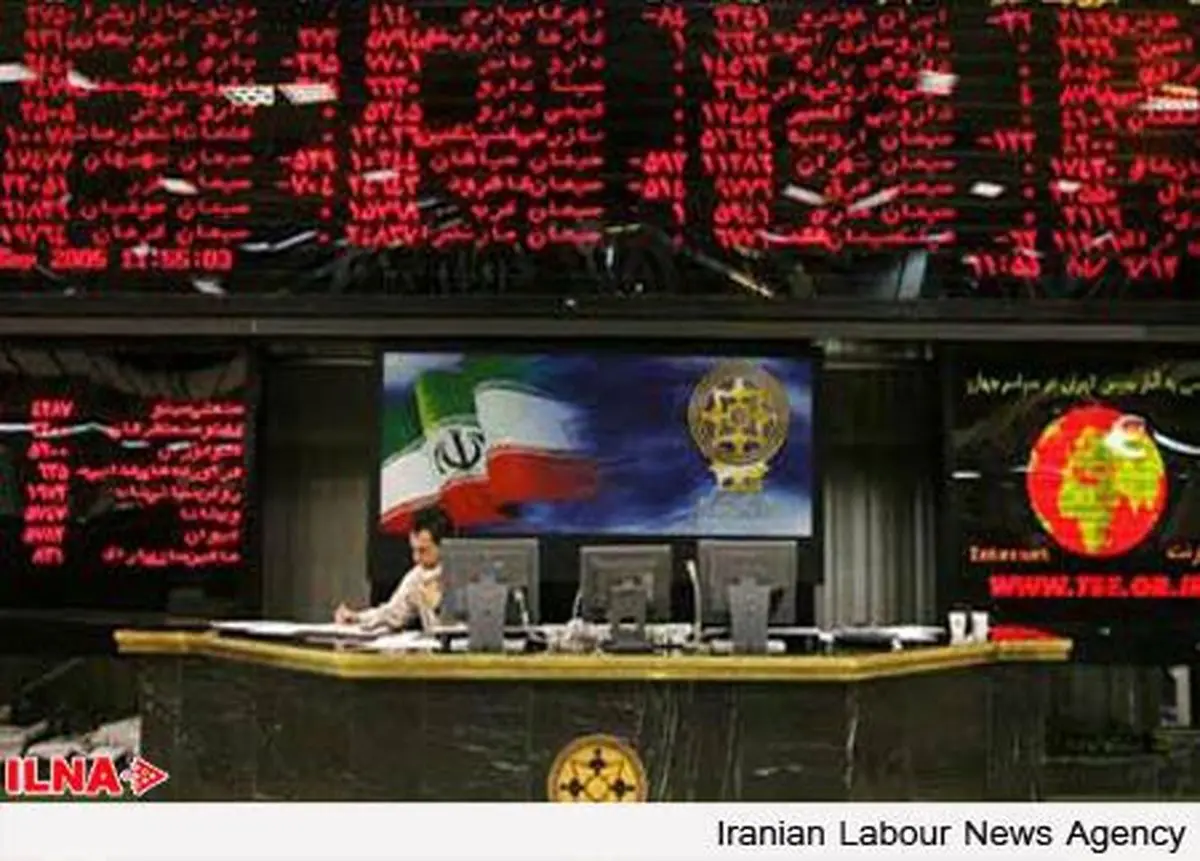Expert explains sharp Tehran Stock Exchange fluctuations

The Tehran Stock Exchange (TSE), Iran's largest equity market, has gone through volatility of overall index in the last couple of days, whose root causes, according to the expert, are hidden in the country's somewhat malformed macro-economy.
According to Trend news, "Iran capital market is affected by the country's macro-economy," Ali Rahmani, an expert in Iran's capital market told Trend.
He dismissed the idea that the fluctuations in the TSE have occurred due to the news about US President Donald Trumps' plan to re-impose sanctions on Iran's energy sector.
According to annual reports, a big number of TSE-listed companies are working under their production capacity with low profitability, Rahmani noted, adding that such losses can simply decrease stocks' price in the capital market.
He further said that another factor is the low level of liquidity in the capital market, affecting negatively the stock exchange.
"Lack of enough liquidity is nothing but a sharp fall in the value and volume of transactions," Rahmani believes.
The Iranian expert said that there are some exporting companies and some importing companies in the TSE, including the petrochemical production companies and auto-makers, adding the exporting companies will be benefited by rise in the price of foreign currencies against Iran's rial, while the companies that have to import raw materials will suffer a great deal when rial is losing value in comparison with the US dollar or the euro.
He concluded that any fluctuations in the country's currency market will affect the TSE too, adding that the money market, therefore, should be managed more seriously and accurately in order to lessen possible repercussions on other markets, including the capital market.
It is a very good opportunity now for producing companies, including auto-makers as the banks' profit rate has decreased in Iran this year, instead, the auto-makers can procure their needed turnover via offering bonds in the capital market, Rahmani said, concluding that investors will welcome bonds due to higher profit they will receive comparing to banks' profit.
END
